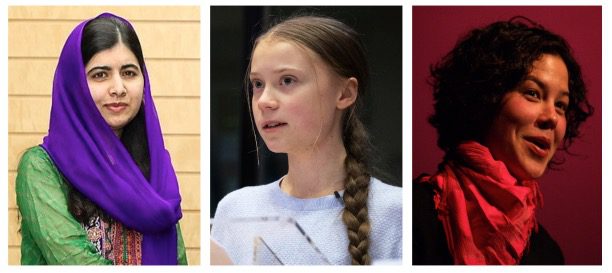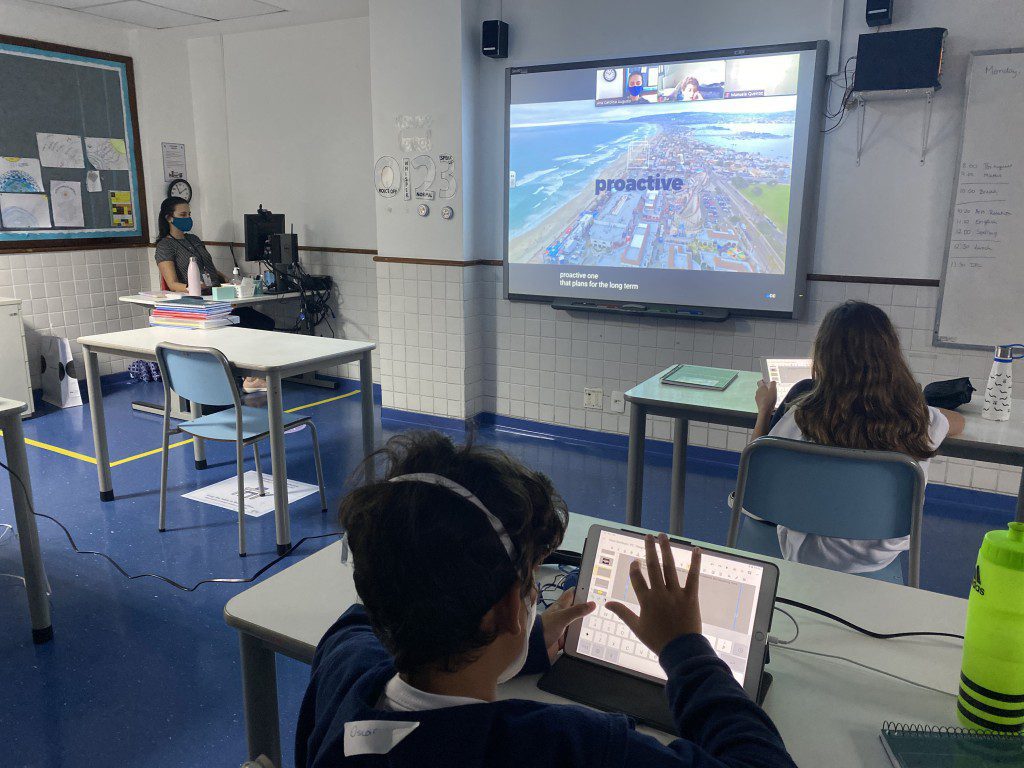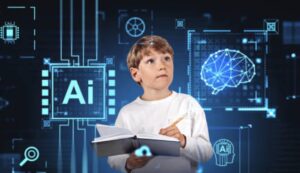At the end of the academic year, it is always fitting to celebrate students’ great learning achievements. For example, our Class 3 IPC unit, Champions for Change taught children that the study of society is concerned with learning about living as members of groups. Children wrapped up this unit therefore, by researching a cause to defend as part of a campaign for an imaginary non-governmental organisation (NGO). The children worked in groups to choose a name and create a logo design for their imaginary NGO before putting together a persuasive speech and presentation based on their cause.
Children came up with various ideas for different campaigns including support for the elderly, better healthcare for people in need, use of clean energy, fighting against discrimination as well as initiatives to protect wild animals. By studying examples of famous speeches delivered by individuals such as Greta Thunberg, Malala Yousafzai and Severn Cullis-Suzuki, and the persuasive devices used, children have been well-prepared, to make their own speeches even more compelling.
Meanwhile, Class 4 finished off their unit, Climate Control. The children had been studying the causes and consequences of global warming. They learnt how the burning of fossil fuels has been generating more heat-trapping gasses, like carbon dioxide and methane, which has been causing global warming on a scale never seen before. In addition to rising temperatures, the children found out about the rising sea levels, water shortages, and more erratic, extreme weather conditions.
For their final project, Class 4 children researched about the different human interventions to curtail the issues of climate change and extreme weather conditions. Among the various interventions, Class 4 studied the role of renewable energy, the impact of recycling and how even our diets play a part with environmental sustainability. More than anything else though, the children learnt about the power of their own voices, to have these important conversations and persuade others to be more environmentally friendly. Having researched a number of the key interventions, children put together slideshow presentations for the rest of their class, to present their learning about how we can tackle climate change.
One of the things that I think we do particularly well is to make lessons meaningful by helping students to see the value of what they are learning in the real world! Lessons become much more memorable when they are attached to a real world context, especially when children are given the opportunity to role play and get their emotions involved. After all, we know from cognitive psychology that what we feel, we remember. I am delighted as well, to see children participating in such practical projects, which focus on developing their speaking and listening skills. These projects have provided a wonderful and meaningful way for students to finish off their academic year.





